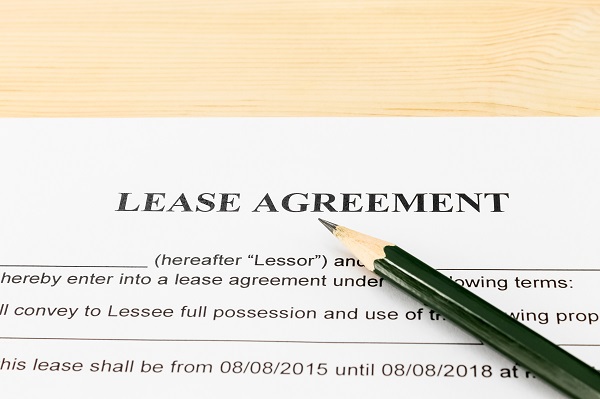
Whether you are involved in leasing out residential or commercial properties, being a landlord is often a tricky business. The label often comes with negative connotations, despite so many good people out there renting nice homes and business sites, and operating by the book. Problems of a financial nature often arise though, causing understandable tension. Tenants may not pay rent on time, or landlords may not give back security deposits on time or in full as agreed.
Chances are, you have probably rented to someone who was a stranger before coming to view your property. While they may have good references, and were able to pass the credit and background checks, it takes a leap of faith to let a person or business move into your investment—and perhaps for many, many years. The lease is meant to be your leverage regarding how long they can stay or how much notice they need to give before leaving, the cost of renting and when it is to be paid (or given back, in terms of deposits), what appropriate uses for the property are, and more.
Outlining who is responsible for maintenance and repairs should be given great attention to in the lease. While money is important, the condition of your property and investment is a major priority in the long run. No one likes to be bothered constantly with small, nitpicky issues, but it is important that your tenant clearly understands your roles in upkeep of the house or commercial site. They are expected to keep the interior neat and clean, and basically as they found it upon moving in. Any additions to the home or business in terms of permanent appliances or electronics that must be wired, or changes to the appearance such as paint, flooring, or more, should be approved first. While many homes are easily retrofitted with security systems that can be dismantled quickly and taken to the tenant’s next location, a commercial security system could require complex wiring.
The lease should clearly state that the tenant must alert you to the need for any repairs. Even if something is broken but not affecting the tenant’s quality of life or ability to do business, it should be made clear that you are to be notified so you can keep everything properly maintained. The tenant should understand that you will be making repairs and that they are not to take repairs upon themselves and then deduct them from the rent unless you have agreed.
If you find yourself in the middle of a landlord/tenant dispute, consult with an experienced attorney like Shane Coons right away to protect your property, whether the dispute involves residential or commercial real estate. Call now at 949-333-0900 or email us at Shane.Coons@seclawoffices.com. We will be glad to meet with you to review your case and explain your legal options. Our office is here to help!
